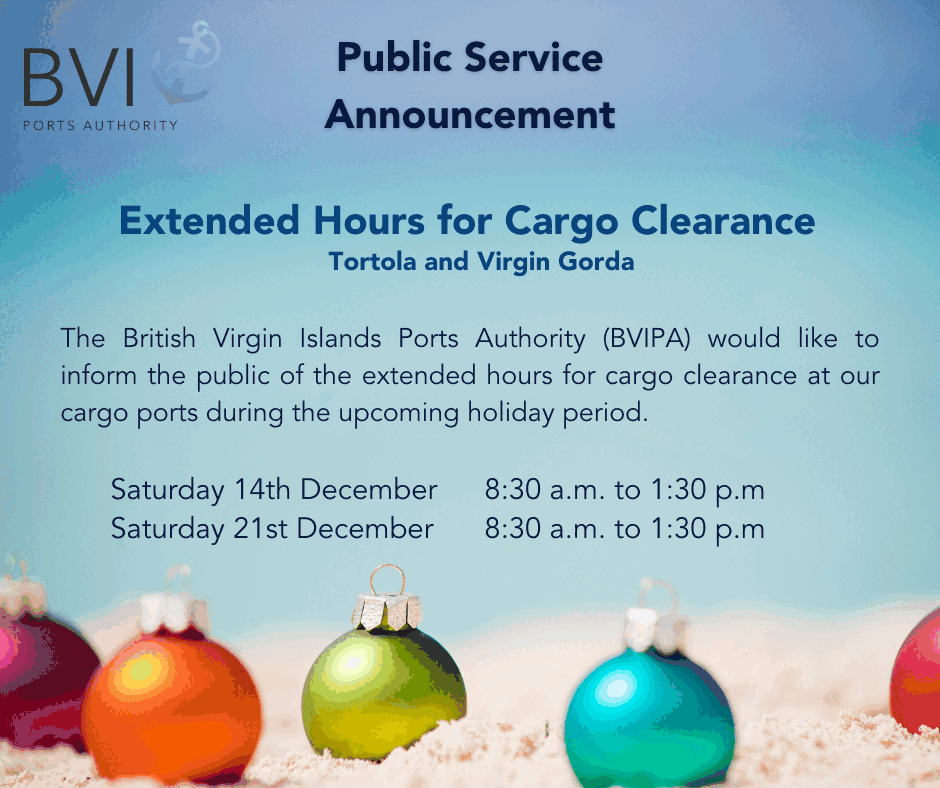USVI Governor wants to legalise marijuana to raise urgently needed funds
CHRISTIANSTED, St Croix, USVI - Governor Albert Bryan Jr believes legalising marijuana for recreational use in the US Virgin Islands (USVI) could provide enough funding to save the Government Employees’ Retirement System (G.E.R.S), the beleaguered, government-run pension plan that is on life support and is projected to collapse in a few years.
Mr Bryan has called the Senate into session on December 18, 2019, where the governor hopes lawmakers will approve the wide-ranging amendment.
With an unfunded liability of more than $4 billion, the continuous separation of government employees who are not vested into the system, and an investment portfolio that has remained mostly flat, G.E.R.S., which is paying out substantially more than it’s collecting, is on a path of destruction that research has shown could bring down the entire USVI economy.
On Tuesday, December 3, 2019, during a press conference at Government House on St Croix, Mr Bryan spoke of the troubles the pension system faces, and went straight into his plan: The governor wants to amend the current Medicinal Cannabis Patient Care Act, which was signed into law by Mr Bryan earlier this year, to include more regulatory controls and make provisions to generate larger tax and fee revenues. Funds generated through legalised, recreational and medicinal marijuana would see 75 percent going to G.E.R.S., 20 percent for the regulation of the marijuana industry, and 5 percent to senior citizen services.
At its peak, the Bryan administration expects that $20 million would be generated annually.
'We must take action'
“The reality is that we must take action. We are at a time in our history when we can no longer kick the can down the road. We are proposing an amendment to this law in order to bring forth a catalyst of events that would allow us to collect more revenues from this new revolution that is taking the nation by storm,” Mr Bryan said.
Under the amendment, criminal records of individuals incarcerated for possession of less than a pound of marijuana will be automatically expunged. However, the amendment does not seek to legalise the drug for general use, and existing laws that speak to possession or sale of cannabis remain in effect, the administration said. In essence, the government is seeking to legalise the sale of recreational marijuana so that it could make the money and control the market, and anyone who wants to participate in the sale of marijuana legally would have to apply for a license in the government-run programme.
The amendment to the current law calls for provisions to control cultivation, manufacturing, production and sale of marijuana products, and for a controlled environment for consumption of marijuana and marijuana products by persons over the age of 21. The amendment would also recognise the use of marijuana for cultural and sacramental uses, the administration said.
But how, exactly, will medicinal and recreational marijuana bring in substantial revenues to help bolster G.E.R.S.? Mr Bryan pointed to two main points: The administration is planning to use an app developed by local entrepreneur Kadeem Pemberton, called Ávera, to create a “day pass”, which Mr Bryan said would be $10, so that cruise ship passengers could smoke once they arrive in the USVI. The governor said the territory gets roughly 2.1 million cruise ship visitors annually.
“The real generation here is on our high point we get 2.1 million tourists. You come off the cruise ship you buy a $10 pass for the day. You look at those numbers, let’s say 10 percent of all the people who come here smoke, they buy a $10 pass. That’s 200,000 times 10, that’s $2 million alone in just day passes. That’s the way we’re looking at it because the market isn’t really here, the market is abroad and when people come in and we can sell these licences I think that’s how we really make our money,” Mr Bryan said.
In 2017, 8.7 percent of Americans said they had consumed marijuana in the past 30 days when polled. So if 8.7 percent of 2.1 million cruise ship passengers (182,700 people) were to buy the day pass for $10, that would mean $1,827,000 in annual revenue generated. That’s before Avera and other players get their share of the pie, meaning government revenue from 2.1 million annual cruise passengers at a day pass of $10 would decrease considerably.
For Mr Bryan, however, every little bit counts. “If I make $200,000 it’s good, if I make $2 million better, and if I make $20 million even better. The thing is that it’s not costing us anything to expand the system and the potential for the rewards is humongous.”
Marijuana registry
The administration also plans on creating a marijuana registry in the territory. Asked by the Consortium why would investors see the US Virgin Islands as more attractive than the many states which already have registries, Mr Bryan said, “Two things: Number one, it’s very hard to put money that you get from marijuana in the bank. But if you’re paying for a service, in other words a franchise fee to your own company in the Virgin Islands, then the money is clean.”
“The second thing is it’s a 90 percent tax benefit,” Mr Bryan said, pointing toward the territory’s Economic Development Authority programme that gives companies willing to setup shop in the territory huge tax exemptions.
Asked by the Consortium what would be the recourse if this plan fails, Mr Bryan said, “One of the things that I keep telling people when I speak is not instead of, it’s in addition to. We’re still going after distilleries, we’re still looking at our CBI, we’re still pursuing casino gaming, and we’re still going back to (the US Treasury) and asking them for our gasoline tax. This is just one thing we’re doing along the way, but this thing we want it to get done this year. We’ve been working on this for months, and I wanted to make sure that we get it, [place] it before the Legislature and get some money flowing into the system.”











.png)
























6 Responses to “USVI Governor wants to legalise marijuana to raise urgently needed funds”